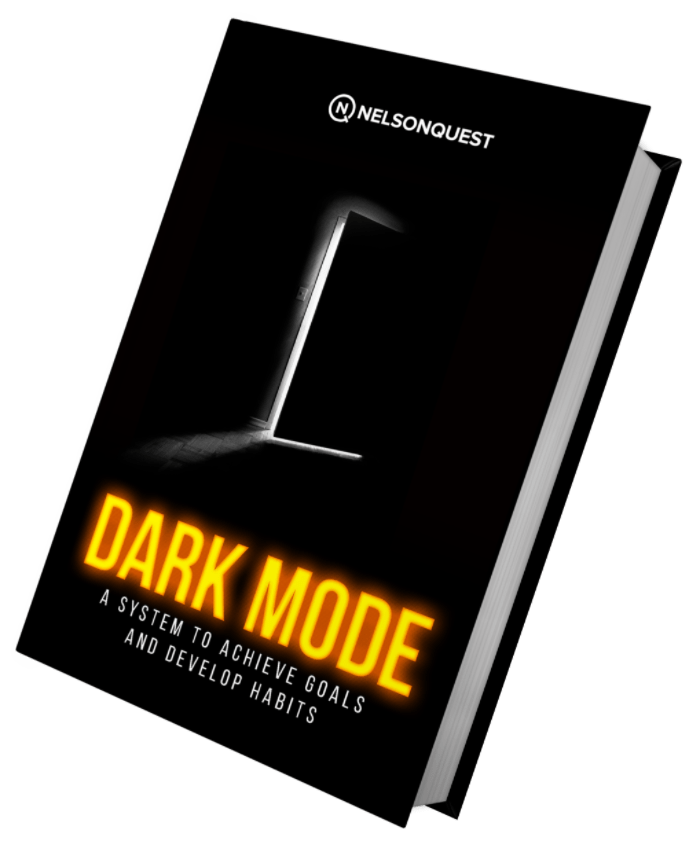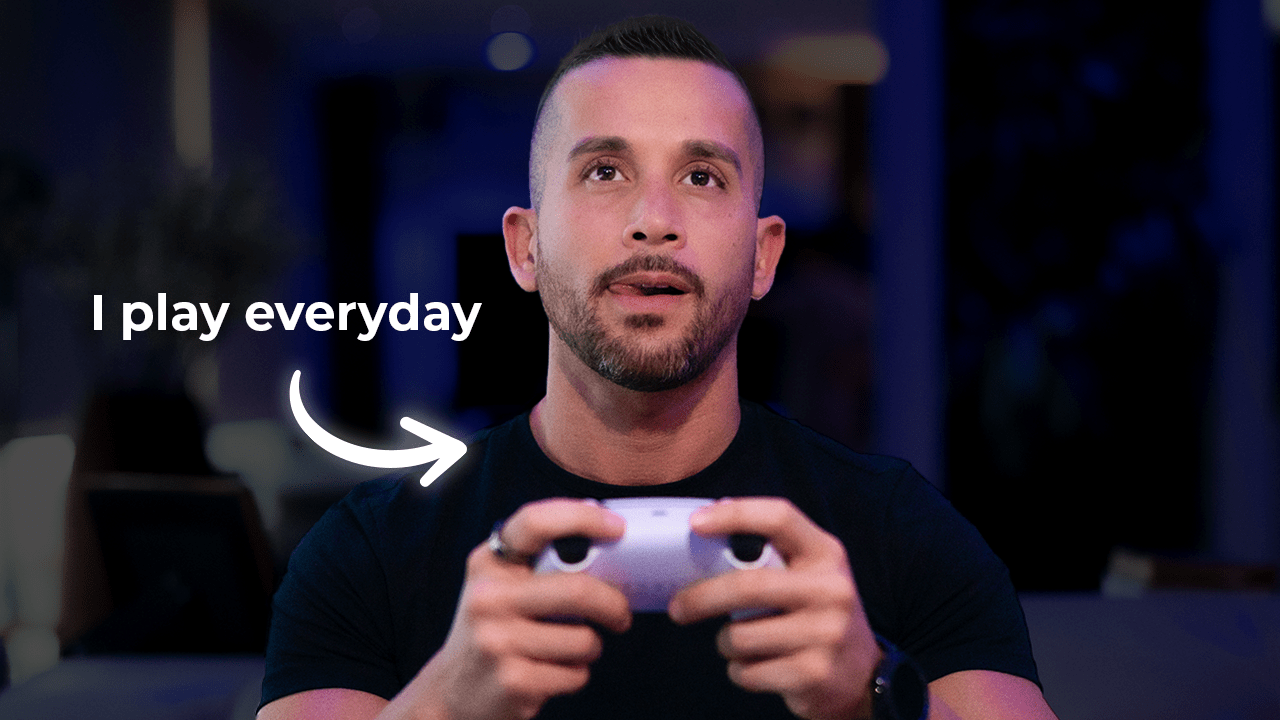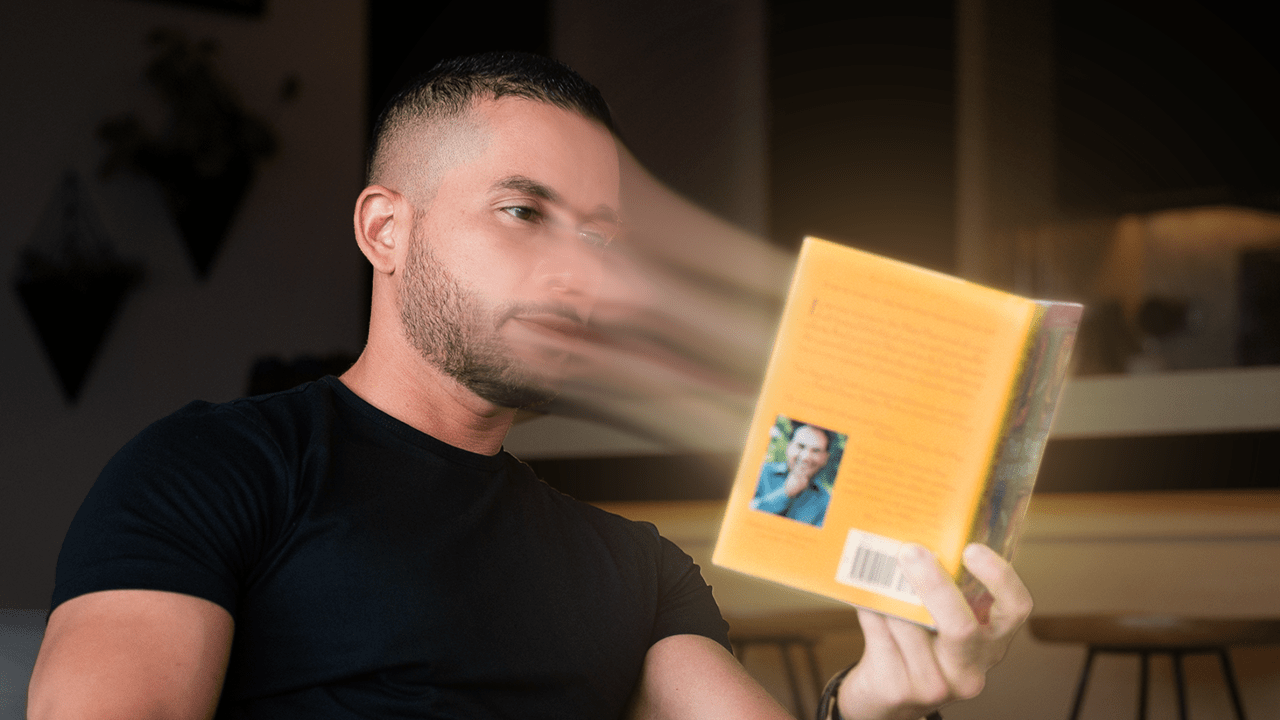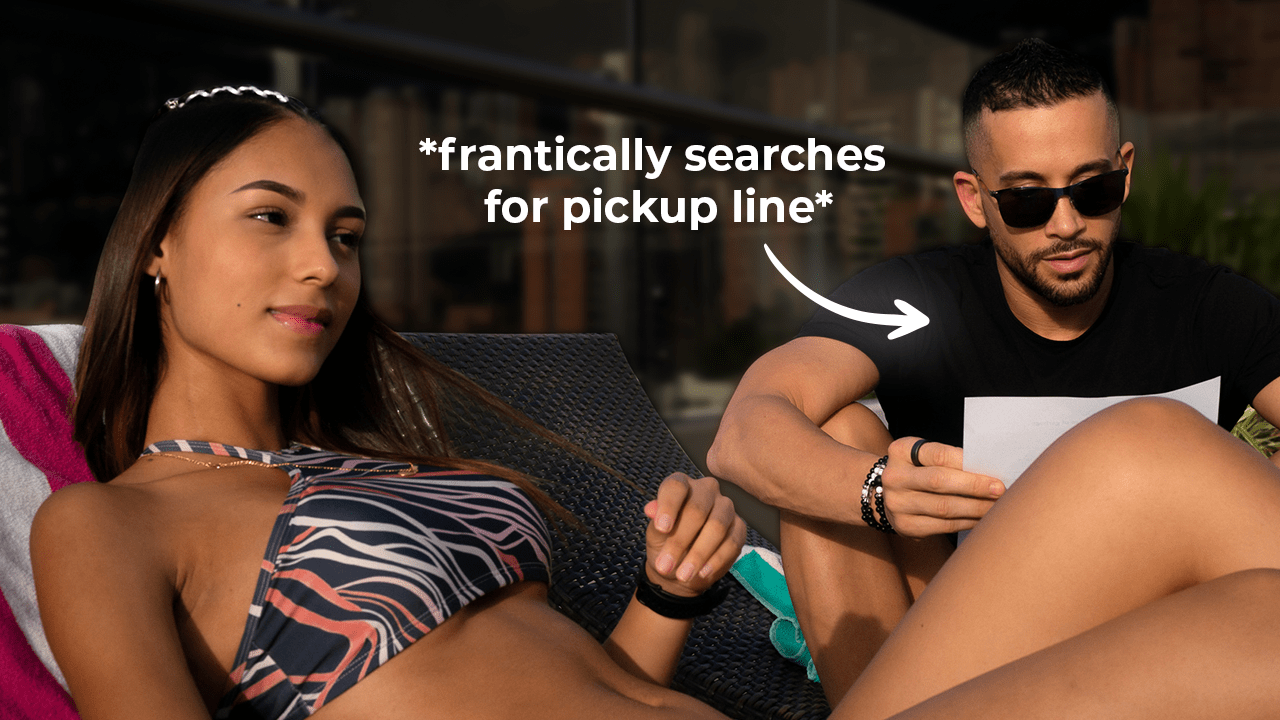The (Real) Reason You Have NO Motivation
- Written by NelsonQuest
- November 9, 2022
Table of Contents
Social Media is so much worse than you’d think. It may seem like we’re just innocently scrolling through Instagram or Facebook, but on a neurochemical level what’s actually happening is that our motivation is being directed away from the long-term awards that we experience when we work hard learn new abilities or improve our health and instead directed towards more consumption of social media.

If you consume social media in any amount and you struggle with motivation this article will make it clear why that’s happening by covering the three main reasons. At the very end of the article I’ll also show you how I’m able to instead maintain extremely high levels of motivation with everything that I do… let’s begin.

#1: Social media is a dopamine machine.
So, if you struggle with any sort of motivation related issue: procrastination, drugs, sex, masturbation; if you feel more motivated towards those things than you do towards getting work done or improving yourself, then you really need to understand how dopamine works.
Dopamine is the neurochemical that our bodies release to motivate us towards the things that it believes are important for our survival. When we’re hungry, our brain releases dopamine to motivate us to go find food. If it didn’t, we would starve to death… literally. When scientists stopped the release of dopamine in mice, it caused the mice to stop eating altogether they just sat there doing absolutely nothing.


Now, here’s the problem: dopamine is a component in our reward system, which is a system that has hardly evolved since prehistoric times, meanwhile technology like social media is evolving at an exponential rate.
For most of human history, social acceptance was a critical element of human survival because in case you haven’t noticed humans kind of suck: we can’t run particularly fast, we don’t have sharp fangs, if I fell off the stool I’d probably break a bone.
These days we can get away with being loners, but in prehistoric times social acceptance was critical for survival, and to have low standing within the tribe was bad, but to be kicked out of a tribe was basically a death sentence.
Every time we engage in social media this tribal dynamic is being played out at multiple levels.
When we post something, the likes and comments we receive are interpreted by our prehistoric brains as validation of our position within the higher of the tribe, which is why lots of likes make us feel great while just a few likes makes us feel not so great.
Every time we leave a like or drop a comment it’s because we feel a sense that we’re adding value to the relationship and reinforcing closeness, and this also creates reciprocity because by liking other people’s posts it’s been proven that we significantly increase the chances that they’re going to like our posts in return.

Social media spends hundreds of millions of dollars to understand all of this, so that it can hijack our dopamine system to motivate us to continue consuming more and more social media. This is why for example whenever we post something everyone who follows us won’t see the post immediately, instead social media will throttle the number of people who see the post to basically spread out engagement over a 48 plus hour period to get the maximum impact with respect to how it’s affecting our reward system.
It’s like an IV drip of small rewards that can quickly become the principal reward that we feel motivation towards.
#2: Social media is a Supernormal Stimuli.
According to the book ‘Supernormal Stimuli, how Primal Urges Overran their Evolutionary Purpose’ By Deirdre Barret from Harvard University, ‘Supernormal Stimuli or any stimuli that elicit an instinctual reaction more strongly than does the stimulus for which the Instinct evolved’.
So, the essence of supernormal stimuli is that the exaggerated imitation of an actual natural instinct can exert a stronger pull than the real thing.
For example, porn is a supernormal stimuli of reproduction, junk food is a supernormal stimuli of real food, video games are supernormal stimuli of hunting, gathering and socializing, and as for social media… well, social media is a supernormal stimuli of tribes and tribal dynamics (everything we covered in the first section).

In prehistoric times we competed in much smaller tribes usually consisting of around 25 to 150 people.
Now, in comparison, our digital social media hierarchies often consist of thousands of people, everyone from weird friends that we haven’t talked to in 10 years to celebrities and billionaires, so often thousands of people; and the rule of any hierarchy is that we are in competition with everyone in the hierarchy.
Competition means comparison and whether we realize it or not, every single post that we read, every photo that we consume, we’re actually comparing.
Now, if the difference is small, then we feel happy because that indicates we have a good position… but if the difference is big, we feel unhappy because that indicates that we have a low position, and so the more unhappy that we feel with respect to our position, the less motivated we feel to improve our position because we feel like the task is far too great for our ability, which brings us to point number three.
Get the Dark Mode guide

The Dark Mode Guide
is a simple system designed to help you achieve a specific goal by facilitating the development of relevant habits and creating the perfect environment to make failure impossible.
This guide is about actually walking the path. It creates a perfect environment devoid of excuses and forces you to face who you are and what you need to do in a way that’s sustainable.
#3: Social media vastly exceeds our cognitive threshold.
British Anthropologist Robin Dunbar observed that the brain size of primates had a significant correlation with how large their societies typically grew.
So, by taking those numbers and plugging them in to correlate with the average brain size of humans, he came up with a number of 150: Dunbar’s number, the cognitive limit to the number of meaningful relationships that a human being can have.
Having more than 150 friends causes a cognitive overload that reduces our ability to operate optimal. Social media often connects us to thousands of people, which is way beyond our cognitive threshold and severely impairs our ability to operate at optimal levels.

Our social network is itself a hierarchy and it’s probably the one that has the most influence within our lives.
When it becomes too large or varied we feel less motivation to climb it because we feel overwhelmed by it, usually in the form of anxiety or feeling like we’re lost or in a situation that’s hopeless, because of how small and insignificant we feel when considered within the massive scale of that hierarchy.
Social networks represent social interaction on a scale that we never evolved to manage efficiently or effectively.


Conclusion
All right guys, so to quickly recap, for anyone looking to maximize motivation levels, you should limit not only your use of but your access to social media as much as possible.
So, in my case, social media is still a very tricky thing for me to manage.
I only really use Instagram where I’ve reduced the size of my digital hierarchy from thousands of people to now only following 150.
If I want to share a post or a story I usually just send it to Sebastian who is someone that I hire to manage all of my social media.
Broadly speaking, I just keep Instagram uninstalled on my phone and I only install it if I really want to post something myself or respond to comments.
Making these videos on dopamine and reading as many studies and scientific literature as I have at this point has given me an amazing understanding of dopamine and how it ties into our motivational systems and I think it’s the most important thing that you can learn about if you’re looking to increase your own motivation.

Knowing what I know now, when I feel a lack of motivation I know that it’s not because I’m lazy (and no human is inherently lazy, there is always a cause, and for our generation the cause is almost always social media) so when I feel lack of motivation I figure out what it is that’s siphoning away my motivation and I completely restrict my access to it, while at the same time I forced myself to sit down and do productive work.
Within a few hours I almost always feel more energy and motivation, and after a full day of that I feel like a brand new man.
If you have any issues with motivation, learn everything you can about dopamine, there are lots of videos on this channel to help you there.
Stay
Updated!
Subscribe to e-mails
Join 100k+ others and receive weekly tools, tips, and secret resources directly from Nelson.



